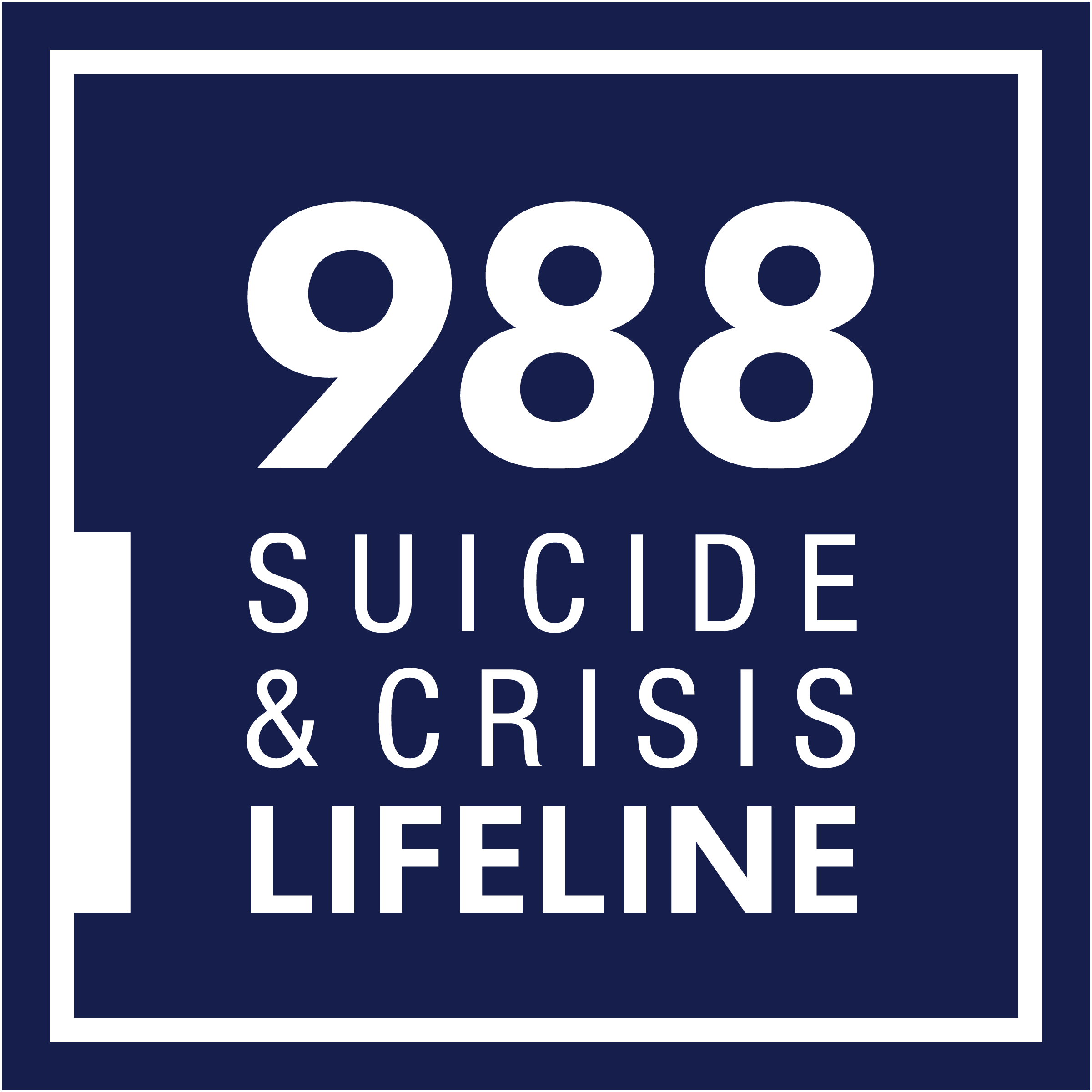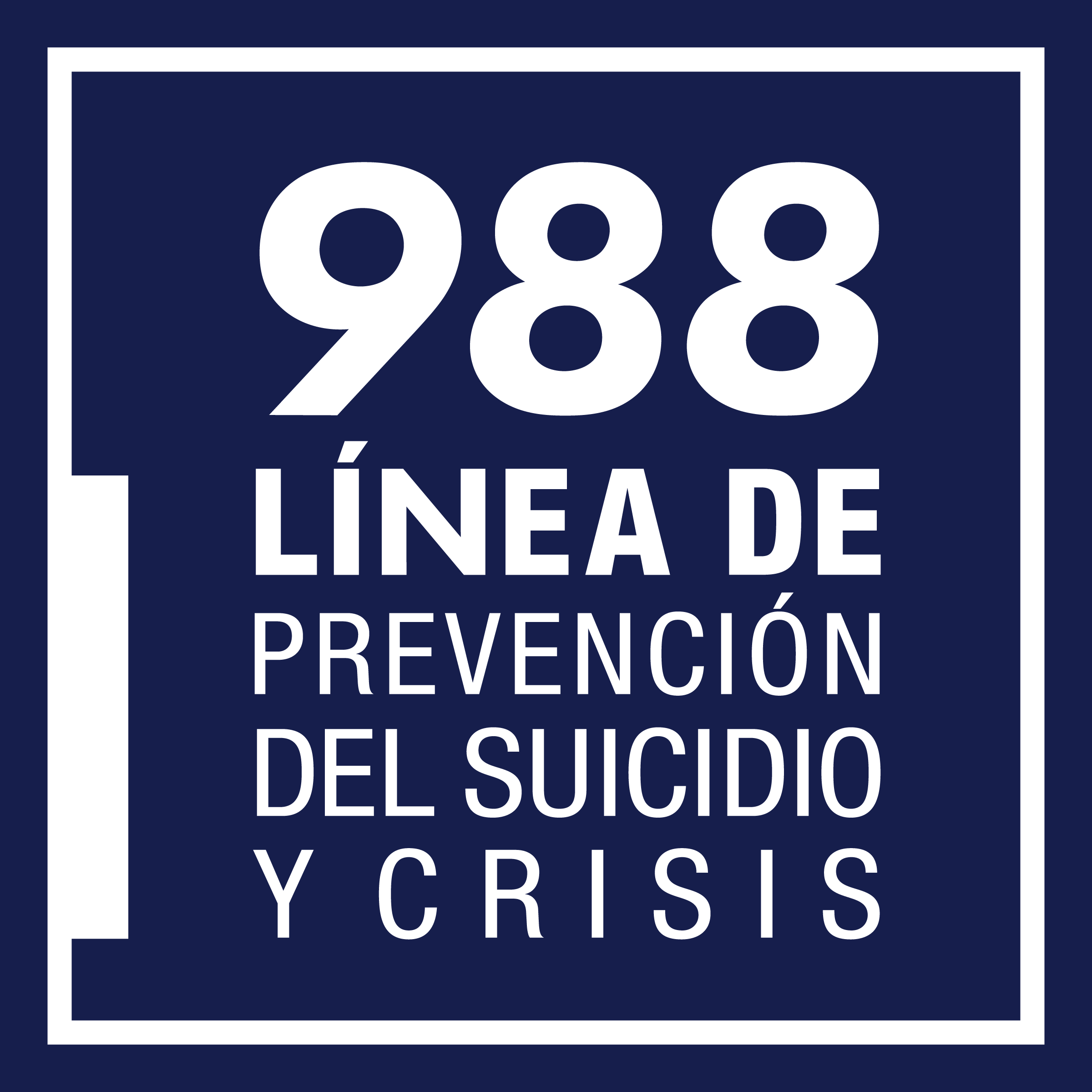COVID-19 Resources for Behavioral Health


Getting Help
Call or visit 211 Online 24/7 for everything from basic needs to mental health and crisis
services in Connecticut. Check out their COVID-19 Resource Page
Contact the DMHAS Action Line - For adults in distress who are 18 years of age or older - 1-800-HOPE-135 (1-800.467.3135), or 211.
Call 1-800-563-4086 for access to treatment for substance use disorder in Connecticut.
Call the National Suicide Prevention Lifeline at 1-800-273-8255 if you are in crisis.
The Trevor Project offers phone, chat, and text support. Call 1-866-488-7386 or visit Online.
If you are in Connecticut and experiencing abuse in a relationship, please visit CTSafeConnect.org or call (888) 774-2900.
In the U.S., call the National Domestic Violence Hotline at 1-800-799-7233 or TTY 1-800-787-3224. Online chat is also available.
For information about Rent and Evictions During the COVID-19 Crisis visit CTLawHelp.org
To Make a Child Abuse or Neglect Report, Call 1-800-842-2288
(TDD: 1-800-624-5518)
For Healthcare Workers Impacted by COVID-19, Visit: www.facebook.com/groups/healthcareworkerpeersupport
For Parents and Caregivers Impacted by COVID-19, Visit:
www.facebook.com/groups/519158609386244
Click Here for information about Vaccinations for Connecticut Residents.
The COVID-19 Vaccine Appointments Assistance Line, 877-918-2224, is staffed Mondays through Fridays from 8:00 a.m. to 8:00 p.m. Due to high volume, hold times may vary.
Resources on Grief
- Finding the Words: When Someone in Your Community Has Died of COVID-19
- Grief and COVID-19: Mourning Our Bygone Lives
- Grief Following Patient Deaths During COVID-19
- Happy Holidays? Navigating the Winter Holidays with Grief and COVID-19
- Helping Children Cope with Traumatic Separation or Traumatic Grief Related to COVID-19
- If You Have Lost a Loved One During the COVID-19 Pandemic
- Supporting Children and Teens When a Family Member is Dying in Hospital or Care Facility
- When Their World is Already Upside Down: Supporting Grieving Children and Teens in Foster Care During the COVID-19 Global Health Crisis
Resources for Children and Families
- 6 Ways Parents Can Deal with the Anxiety of Remote Learning...Again - Huffington Post
- 8 Ways Parents Can Help Children Understand Physical Distancing - National Child Traumatic Stress Network
- Back To School After COVID-19: Supporting Student and Staff Mental Health Toolkit - New England Mental Health Technology Transfer Center Network
- Coronavirus Resources & Tips for Parents, Children and Others - Prevent Child Abuse America
- Coronavirus: A Book For Children
- COVID-19: Resources for Families and Educators - Connecticut Department of Education
- Everybody Worries - Free picture eBook
- First Aid for Feelings: A Workbook to Help Kids Cope During the Coronavirus Pandemic - Scholastic & the Yale Child Study Center (free to download in English, Spanish, and French)
- Free Tools for Online Teaching and Learning During School Closures - School Library Journal
- Gizmo's Pawesome Guide To Mental Health
- Guidance and Supports - National Association of School Psychologists
- Keeping Your Baby Safe During COVID-19 (English) - CT Office of Early Childhood
- Keeping Your Baby Safe During COVID-19 (Spanish) - CT Office of Early Childhood
- A Kid's Guide to Coronavirus - APA's Magination Press
- My Hero is You: How Kids Can Fight COVID-19 - Free Ebook for Children
- Parenting in the Time of COVID-19 - World Health Organization
- Professional Support Series for Families - CT State Department of Education
- Sesame Street: Caring for Each Other
- Sesame Street: Health Emergencies
-
Supporting Clients in Under-resourced Communities during the COVID-19 Pandemic - Child Trends
-
Supporting a Family Member Who is a Health Care Worker - Zero Suicide
- Talking With Children: Tips for Caregivers, Parents, and Teachers During Infectious Disease Outbreaks – SAMHSA
- Teens & COVID-19: Challenges and Opportunities During the Outbreak - American Academy of Pediatrics
- Wide Open School - Common Sense Media
- Unstuck! 10 Things to Do to Stay Safe and Sane During the Pandemic - Activity Book from APA's Magination Press
- You Matter - Suicide Prevention Lifeline
Resources for Mental Health
- Stay Connected with Others – DMHAS
- Advocacy Unlimited and Toivo Online Offerings
- Coping with COVID: Online Mental Health Resources - The Hub CT
- CT's Crisis Supports - The Hub CT
- Coping with Stress During Infectious Disease Outbreaks – SAMHSA
- Emotional Well-being During the COVID-19 Outbreak - Suicide Prevention Lifeline
- Feeling Stressed or Anxious about the COVID-19 Outbreak? - SAMHSA
- For Mental Health Providers: Working with Patients Affected by the COVID-19 Outbreak
- Helpful Thinking During the Coronavirus Outbreak
- Managing Your Mental Health During COVID-19 from HeadsUpGuys
- Mental Health And COVID-19 – Information And Resources - Mental Health America
- NAMI COVID-19 Resource and Information Guide
- 7 Science-Based Strategies to Cope with Coronavirus Anxiety - The Conversation
- Regulating Emotions and Building Resiliency in the Face of a Pandemic Webinar Series
- Resources to Support Mental Health and Coping with the Coronavirus - Suicide Prevention Resource Center
- Tips for Providing Support to Others During the COVID-19 Outbreak - National Center for PTSD
- Tips for Healthcare Professionals: Coping with Stress and Compassion Fatigue - SAMHSA
Resources for Substance Use Treatment & Recovery
- CCAR Virtual Recovery Meetings
- Alcohol and Substance Use During COVID-19 - CDC
- Alcohol Treatment and Physical Distancing - NIAAA
- Online Support Groups, Apps, and Podcasts - ASAM
- SAMHSA Coronavirus (COVID-19) Resources
- COVID-19 and Opioid Treatment Programs – SAMHSA
- COVID-19: Potential Implications for Individuals with Substance Use Disorders – NIDA
- Guidance for People Who Use Substances on COVID-19 - Greater Hartford Harm Reduction Coalition
- Tips for Social Distancing, Quarantine, and Isolation During an Infectious Disease Outbreak – SAMHSA
Resources for Professional Development
- New England Prevention Technology Transfer Center Network
- The New England School of Addiction and Prevention Studies
- Prevention Training Technical Assistance Service Center
- American Public Health Association
- Connecticut Women's Consortium
- The Governor's Prevention Partnership
- TRAIN Connecticut
- The Institute for Innovation and Implementation
- National Council on Behavioral Health
- Training and Technical Assistance Related to COVID-19 - SAMHSA
- Mental Health Technology Center Training Network
- HealtheKnowledge
Wellness Strategies
- A Care Package for Uncertain Times: A collection of podcasts, poetry, meditations and reflection for however you’re processing this moment. From On Being
- Deep Belly Breathing Video from Nemours Children's Health System
- Resilience Series - NY Times
- Helpful Thinking During the Coronavirus Outbreak
- Live and Recorded Meditation Resources - Copper Beech Institute
- Making Health and Nutrition a Priority
- The Omega Institute
- The Science of Well-Being Free Online Course
- Support Your Health with Nutrition - Academy of Nutrition and Dietetics
- Yoga for Everyone
- Your Guide To Healthy Sleep
COVID-19 is a respiratory disease caused by a novel (new) coronavirus. We are still learning how it spreads, the severity of illness it causes, and to what extent it may spread in the United States.
Locate a Treatment Facility
According to the CDC, the virus is thought to spread mainly from person-to-person.
• Between people who are in close contact with one another (within about 6 feet).
• Through respiratory droplets produced when an infected person coughs or sneezes.
These droplets can land in the mouths or noses of people who are nearby or possibly be inhaled into the lungs.
The CDC notes that reported illnesses have ranged from mild symptoms to severe illness and death for confirmed coronavirus disease 2019 (COVID-19) cases.
The following symptoms may appear 2-14 days after exposure to the virus:
• Fever
• Cough
• Shortness of breath
If you develop emergency warning signs for COVID-19 get medical attention immediately. Emergency warning signs include*:
• Difficulty breathing or shortness of breath
• Persistent pain or pressure in the chest
• New confusion or inability to arouse
• Bluish lips or face
*This list is not all inclusive. Please consult your medical provider for any other symptoms that are severe or concerning.
There is currently no vaccine to prevent COVID-19, but there are ways to protect yourself. The best way to prevent illness is to avoid being exposed to the virus. You can take steps to protect yourself by:
• Washing your hands with soap and water for at least 20 seconds, especially if you have been in a public place, or after blowing your nose, sneezing, and coughing.
• If soap and water are not readily available, use a hand sanitizer containing at least 60% alcohol.
• Avoid touching your eyes, nose and mouth with unwashed hands.
• Avoid close contact with people who are sick.
• Put a distance between yourself and other people if COVID-19 is spreading in your community.
• Stay home if you are sick
• Wear a facemask if you are sick
• Clean and disinfect frequently touched surfaces daily.
COVID-19 has affected our lives with school closures, changes to our work routines, as well as our daily activities. Some people have experienced job loss. Many of us are concerned for our loved ones who are elderly, and/or have underlying health problems. The resources in Related Links are intended to help us all cope with the stress, anxiety, and concerns surrounding the COVID-19 pandemic.
Source: National Center for Immunization and Respiratory Diseases (NCIRD)
